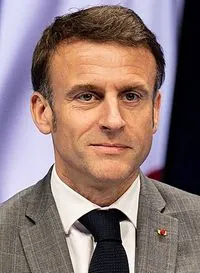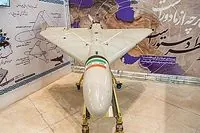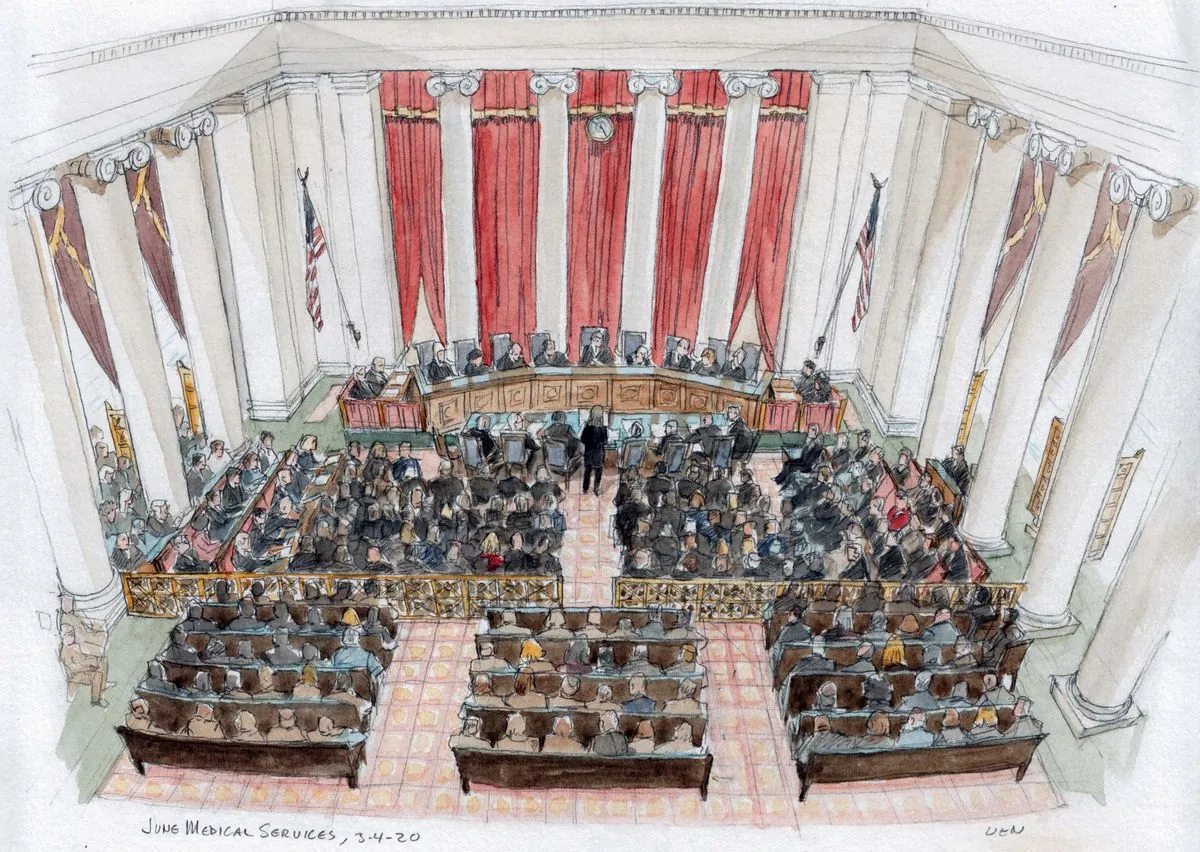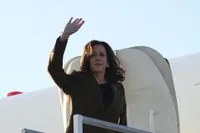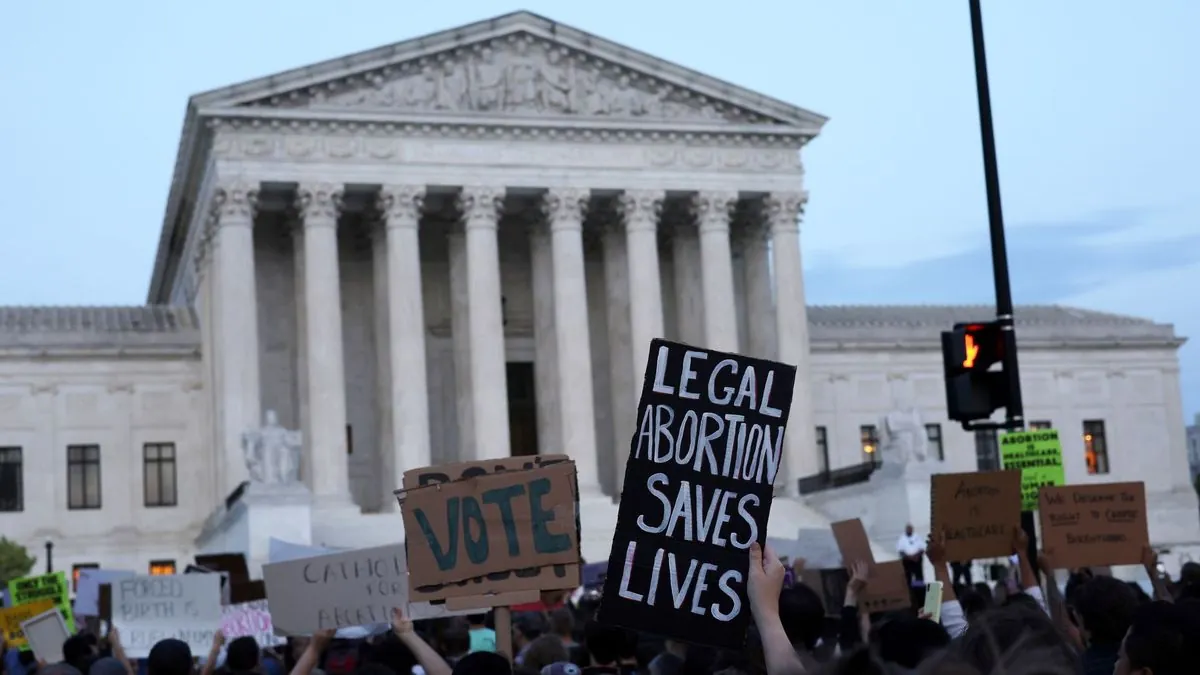Netanyahu Rebuffs Macron's Call to Halt Arms to Gaza Amid Regional Tensions
Israeli PM Netanyahu opposes French President Macron's suggestion to restrict arms shipments to Gaza. The leaders discuss regional stability as Israel intensifies operations against Hezbollah in Lebanon.
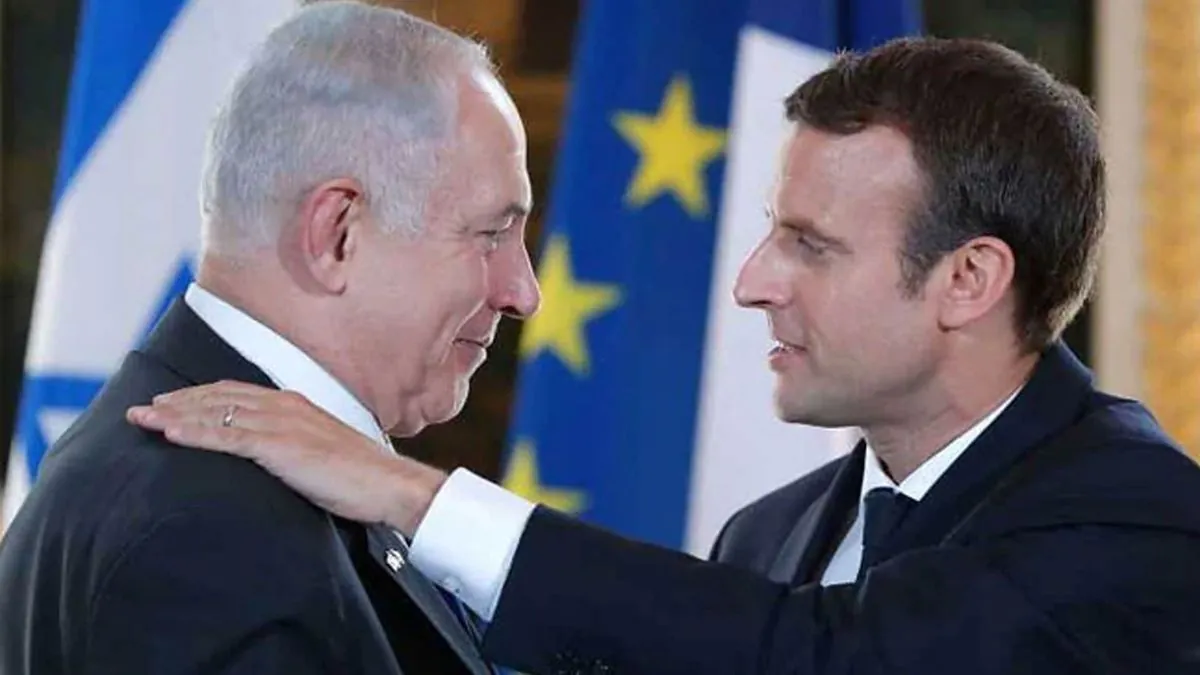
In a recent telephone conversation, Benjamin Netanyahu, Israel's longest-serving prime minister, expressed opposition to French President Emmanuel Macron's proposal to restrict arms shipments to Gaza. The discussion, which took place on October 6, 2024, highlighted the ongoing tensions in the Middle East and the differing approaches to regional stability.
Netanyahu emphasized that imposing limitations on Israel's military capabilities would only benefit Iran and its allied groups. He stated, "Just as Iran supports all parts of the Iranian terror axis, so are Israel's friends expected to support it, and not impose restrictions that will only strengthen the Iranian axis of evil." This statement underscores the complex geopolitical dynamics in the region, where Iran has been under various international sanctions since 1979.
The conversation occurred against the backdrop of escalating Israeli operations against Hezbollah in Lebanon. These actions have intensified in the year following the October 7, 2023 attacks by Hamas, another Iran-backed group. Hezbollah, founded in 1985 during the Lebanese Civil War, has been engaged in cross-border conflicts with Israel, particularly along the Blue Line established in 2000.
Netanyahu's government maintains that its military actions aim to enable the return of Israeli citizens to their homes in the northern region, known for its agricultural settlements called kibbutzim. These residents were evacuated due to Hezbollah rocket attacks that began on October 8, 2023. The Israeli leader asserted that the operations against Hezbollah present "an opportunity to change reality in Lebanon to better stability, security and peace in the entire region."
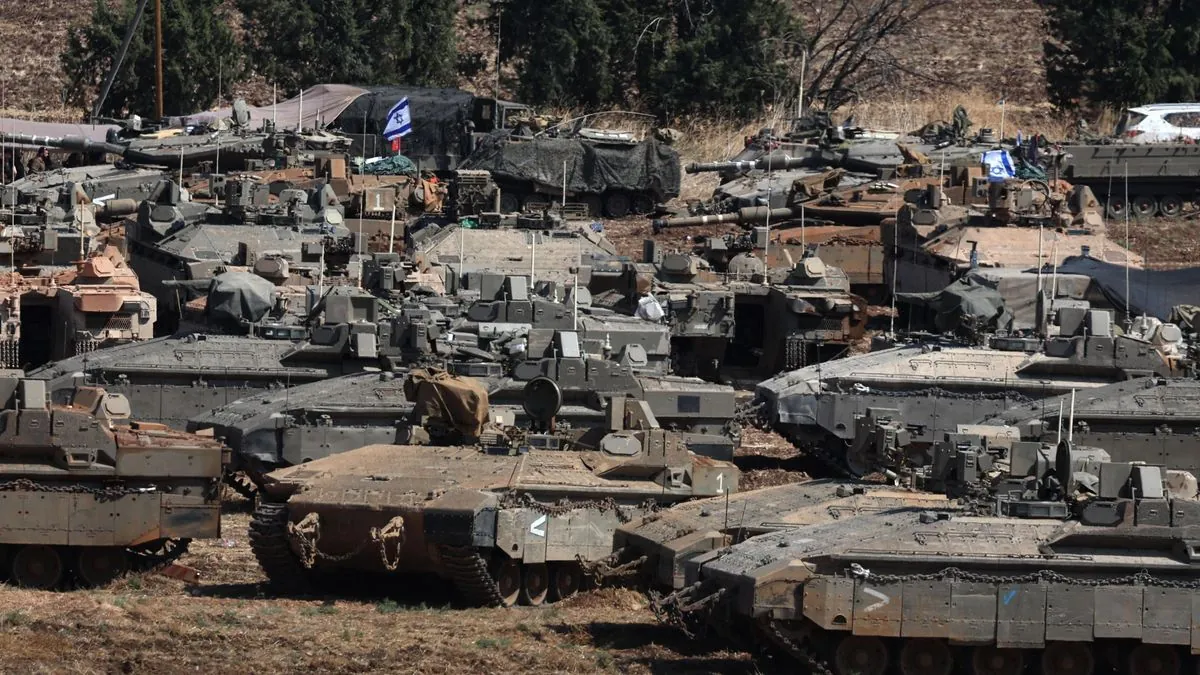
France, a permanent member of the UN Security Council since 1945, is seeking to play a diplomatic role in the ongoing conflict. Macron, who became the youngest president in French history in 2017, expressed concern about the situation in Lebanon during a radio interview. He stated, "Our priority now is to avoid escalation. The Lebanese people must not in turn be sacrificed, Lebanon cannot become another Gaza." This statement reflects France's historical ties to Lebanon, dating back to the Mandate period from 1923 to 1943.
The French Foreign Minister, Jean-Noel Barrot, is scheduled to visit Israel on October 7, 2024, as part of a four-day Middle East tour. This diplomatic effort comes as France attempts to revive peace initiatives in the region, reminiscent of its involvement in the 2016 Paris Peace Conference.
Macron has called for a halt to arms shipments used in Gaza, emphasizing that France does not provide such weapons. It's worth noting that France's military equipment exports to Israel amounted to €30 million in 2023, a relatively small figure in the context of international arms trade.
The ongoing conflict has its roots in the late 19th and early 20th centuries, with the United Nations Relief and Works Agency (UNRWA) established in 1949 to address the needs of Palestinian refugees. The situation in Gaza has been particularly dire since 2007, when the Israeli-Egyptian blockade was implemented.
As tensions continue to simmer, the international community remains focused on finding a path to peace in this volatile region. The dialogue between Netanyahu and Macron underscores the challenges in aligning diverse national interests with the broader goal of regional stability.
"Just as Iran supports all parts of the Iranian terror axis, so are Israel's friends expected to support it, and not impose restrictions that will only strengthen the Iranian axis of evil."
This exchange between the leaders of Israel and France highlights the complex interplay of diplomacy, security concerns, and historical alliances that continue to shape the Middle East's geopolitical landscape.














